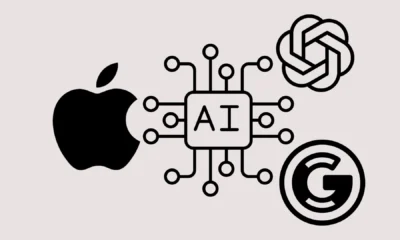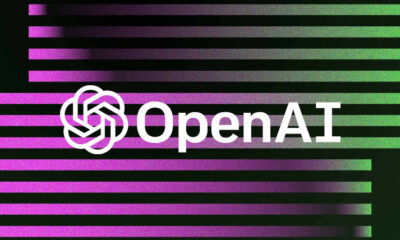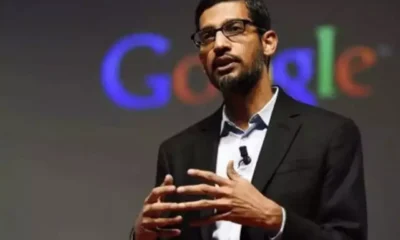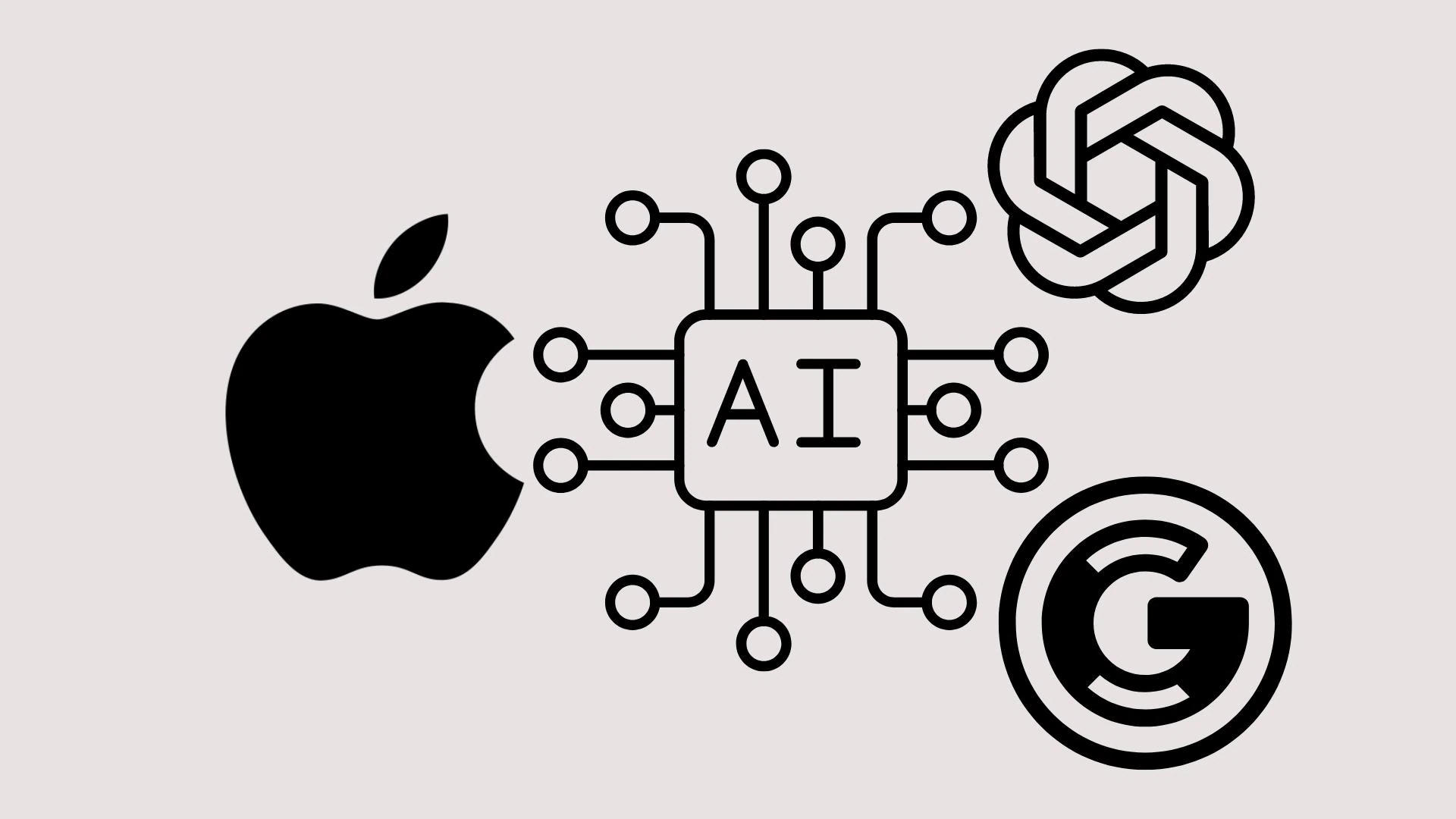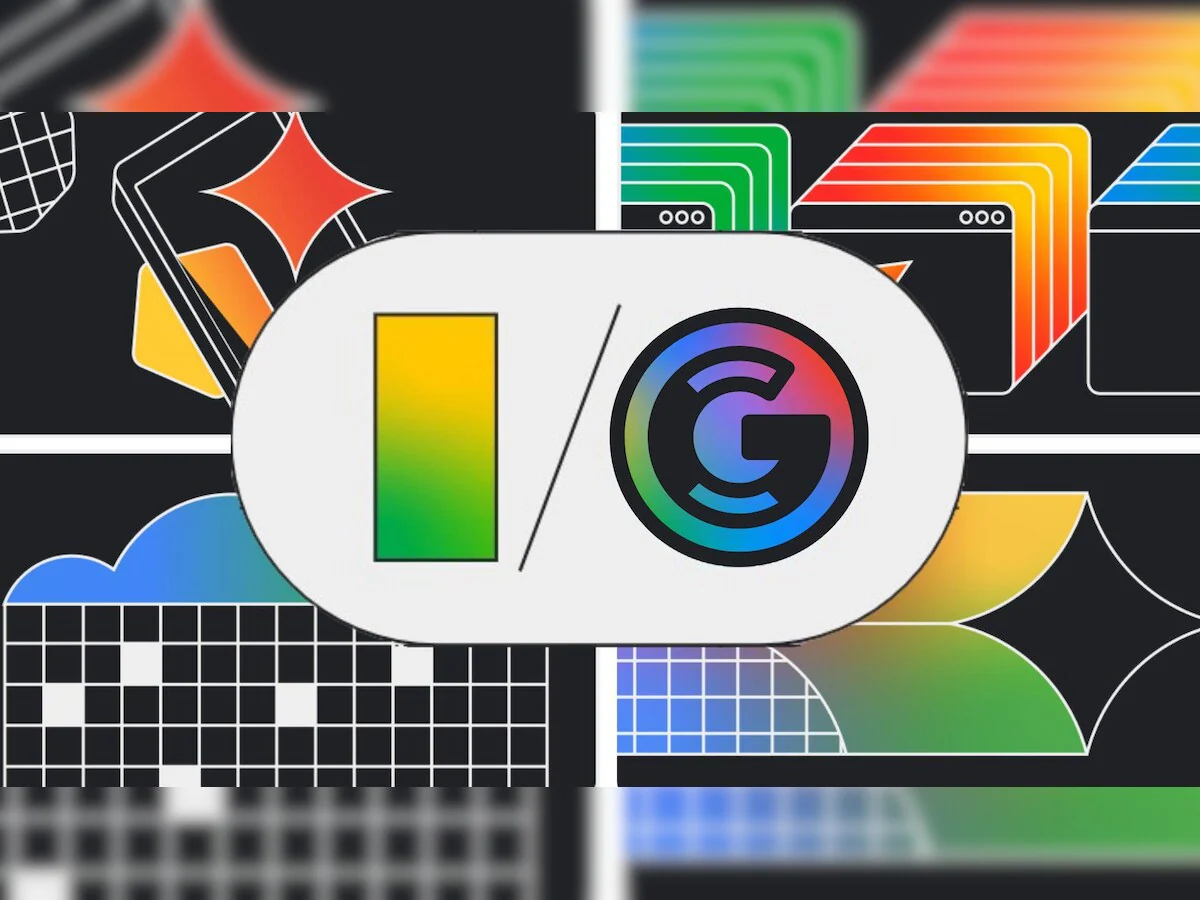Tech
OpenAI transcribed Google’s YouTube videos to train AI models, says report
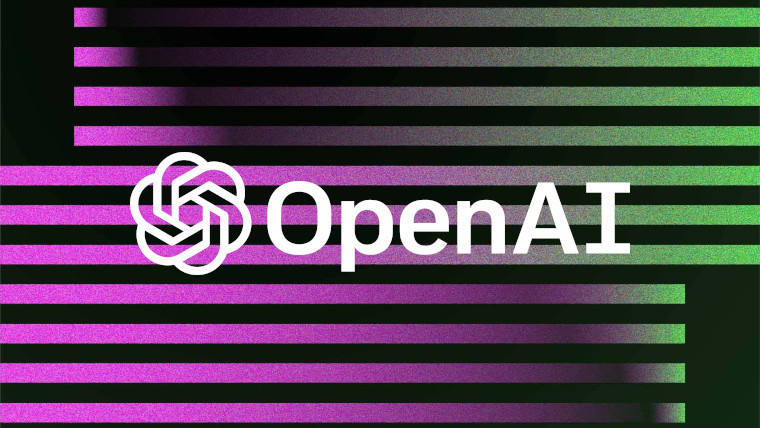
The Daily Guardian is now on Telegram. Click here to join our channel (@thedailyguardian) and stay updated with the latest headlines.
For the latest news Download The Daily Guardian App.
Education
Techno India partners with Google Cloud to advance Digital Education
Tech
Apple under spotlight as OpenAI, Google raise AI standards
Business
Government e-marketplace records strong start in new fiscal with INR 8.57 lakh cr GMV
Education
Isha Ambani urges more Girls in STEM for India’s shine
Tech
Google I/O 2024: Gemini AI enhancements challenge OpenAI’s ChatGPT
Tech
AI Adoption Soars: Doubled users in 6 months, 75% of Global knowledge workers
-

 Opinion3 years ago
Opinion3 years agoPakistan-China nexus trying to sow doubts in Indian society about governance systems
-

 Entertainment8 years ago
Entertainment8 years agoThe final 6 ‘Game of Thrones’ episodes might feel like a full season
-

 Entertainment8 years ago
Entertainment8 years agoThe old and New Edition cast comes together to perform
-

 Fashion8 years ago
Fashion8 years agoThese ’90s fashion trends are making a comeback in 2017
-

 Opinion3 years ago
Opinion3 years agoEnvironment day with a missing spring and lost souls
-

 Politics8 years ago
Politics8 years agoIllinois’ financial crisis could bring the state to a halt
-

 Entertainment8 years ago
Entertainment8 years agoNew Season 8 Walking Dead trailer flashes forward in time
-

 Entertainment8 years ago
Entertainment8 years agoMod turns ‘Counter-Strike’ into a ‘Tekken’ clone with fighting chickens



